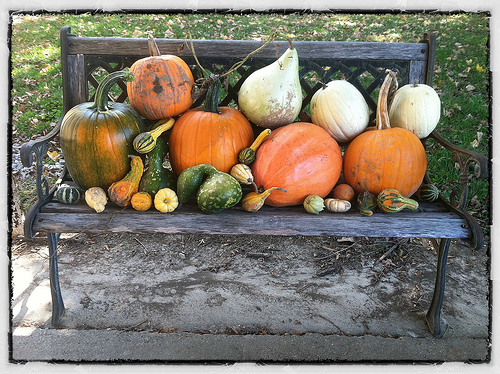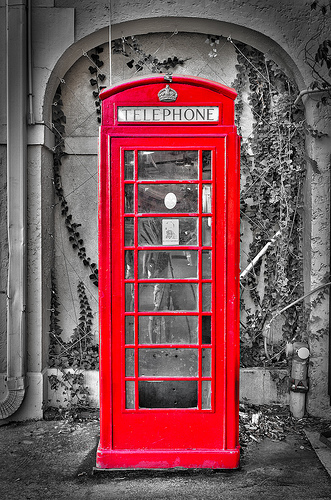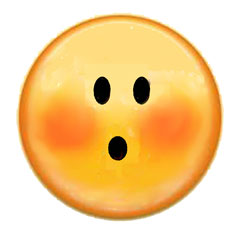
Image from Flickr by LEOL30
On Tuesday afternoon I plopped down on a swivel chair at a vaguely familiar salon and smiled at my hairstylist. She smiled back and said it had been awhile. I agreed and, just so she wouldn’t think I’d been disloyal, pointed out that she’d been the last person to cut my hair.
She stared at me. “Shut. Up.”
“No, really,” I said, and then started to laugh. Because it’s just too ridiculous.
Megan last cut my hair in December. Ten months ago. Sure, I’d trimmed the dead ends a few times, and no, of course I didn’t tell her that.
She went to work, occasionally asking me to remind her how I like the layers, since they’d long grown out. We caught up on each others’ lives and on my way out I promised I’d visit more often.
The problem isn’t my commitments to family, or volunteering, or housework (believe me, it’s not the housework). The problem is I’m conditioned to covet my writing hours. I won’t give them up for anything—not appointments, not grocery shopping, not the salon.
This served me well the years I had six hours a week to write. But since my youngest started school, I typically have six hours a day. You’d think I could spare a trip to Old Navy for some new jeans.
And here’s my secret—I was more motivated to write when I had less time, and I was much more productive. With the whole day stretched before me, I meander a while trying to decide how to fill it. Blog post first? Then perhaps an essay? Or start with my workshop piece for the week and then do some research for my novel? I sure have a lot of time to think about this! And I have a whole other day tomorrow . . . maybe I’ll write my blog post then and work on a short story today.
Sigh.
A few weeks ago, after my children were home from school, my son wanted me to play a video game with him. “Okay, I’ll be there in a minute,” I said. “I just have to unload the dishwasher first, and mop the floors.”
He was disappointed, and wanted to know something. Why can’t I do those kinds of things while he’s at school, so I can play with him when he gets home?
Good question, kid. One you won’t have to ask again.
Moral of the story: Too much of anything is a bad thing. Balance is a good thing. And a nice haircut doesn’t hurt either.






















Connect With Me